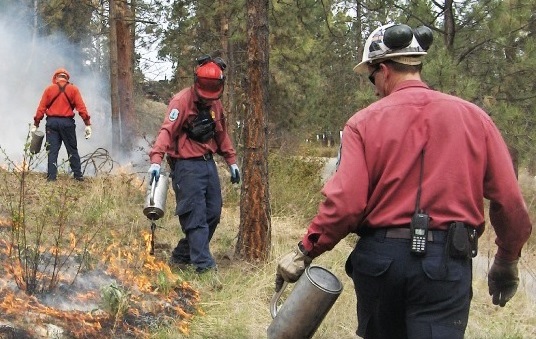The B.C. Government has expanded the application criteria for its Community Resiliency Investment (CRI) grant, which aims to fund wildfire reduction projects around the province.
The Province said the changes to its criteria have been made based on feedback from Indigenous communities and local governments.
The main goal of the CRI is to reduce wildfire risks around B.C. by allowing access to funding for projects on public, reserve and private land.
“Reducing wildfire threats is a crucial part of the BC Wildfire Service’s mandate,” said Doug Donaldson, Minister of Forests, Lands, Natural Resource Operations and Rural Development. “The Community Resiliency Investment program is committed to continuous improvement and has made its funding criteria more flexible and more responsive to community needs.”
Changes to the CRI program’s criteria will come into effect for its 2021 application intake. Some of the changes include:
- Regional districts may now submit a single application for eligible, collaborative FireSmart projects that include multiple electoral areas. The maximum base funding (i.e., $50,000 or $150,000, depending on the demonstrated wildfire risk) may be increased by up to $50,000 for each electoral area included in the application.
- The grant amount for eligible applicants facing a lower wildfire risk has been increased from a maximum of $25,000 to a maximum of $50,000.
- The new Community Wildfire Resiliency Plan supplemental instruction guide and template are now available to help communities assess wildfire risks and guide their risk reduction activities. The new template is a result of a comprehensive review of the government’s approach to community wildfire resiliency planning, conducted by the BC FireSmart Committee and the BC Wildfire Service.




